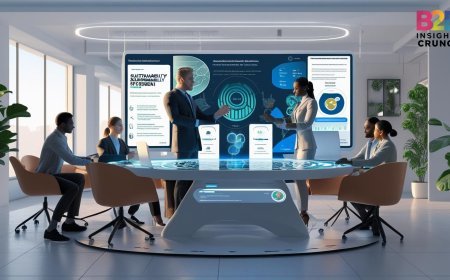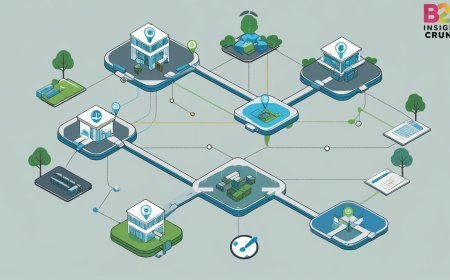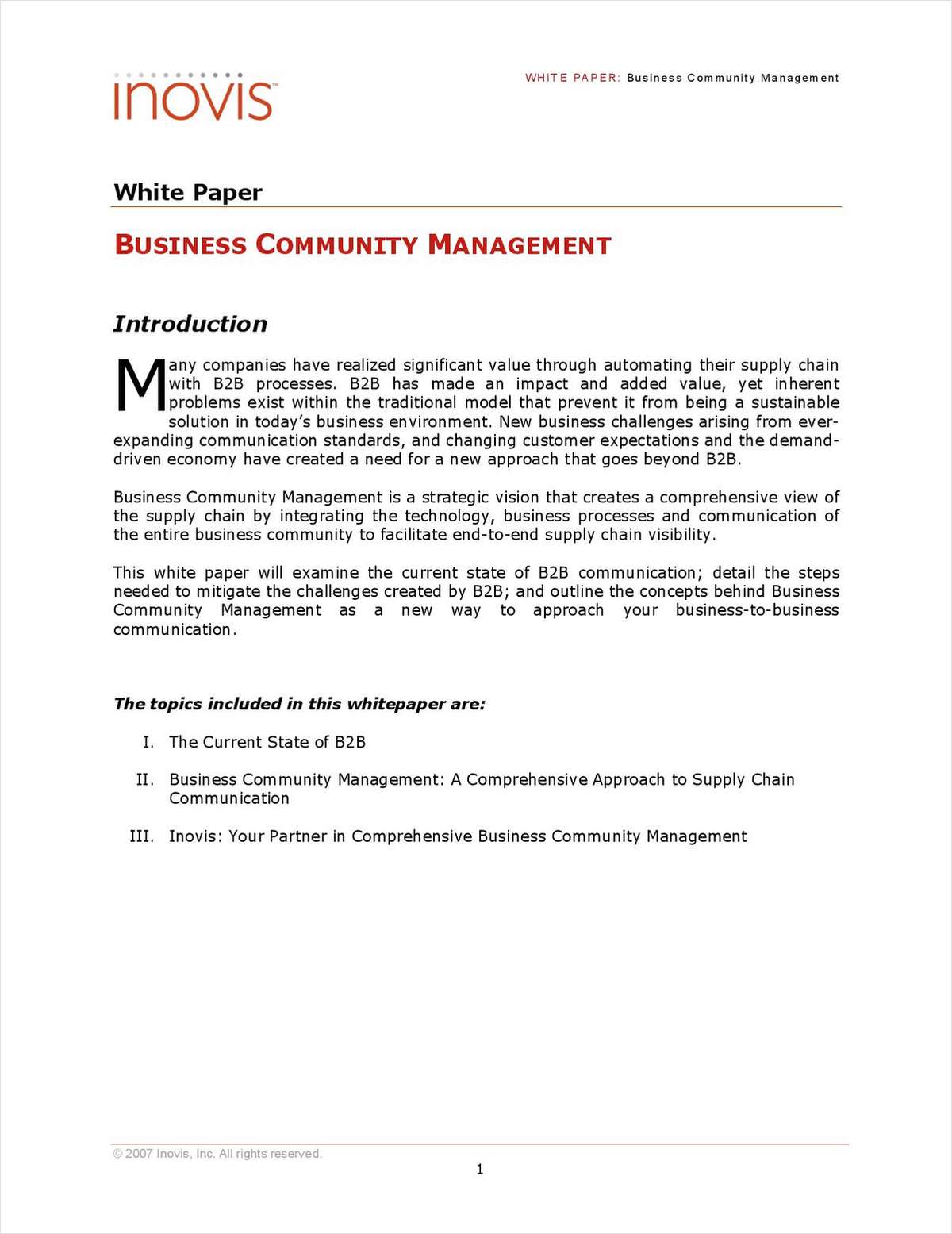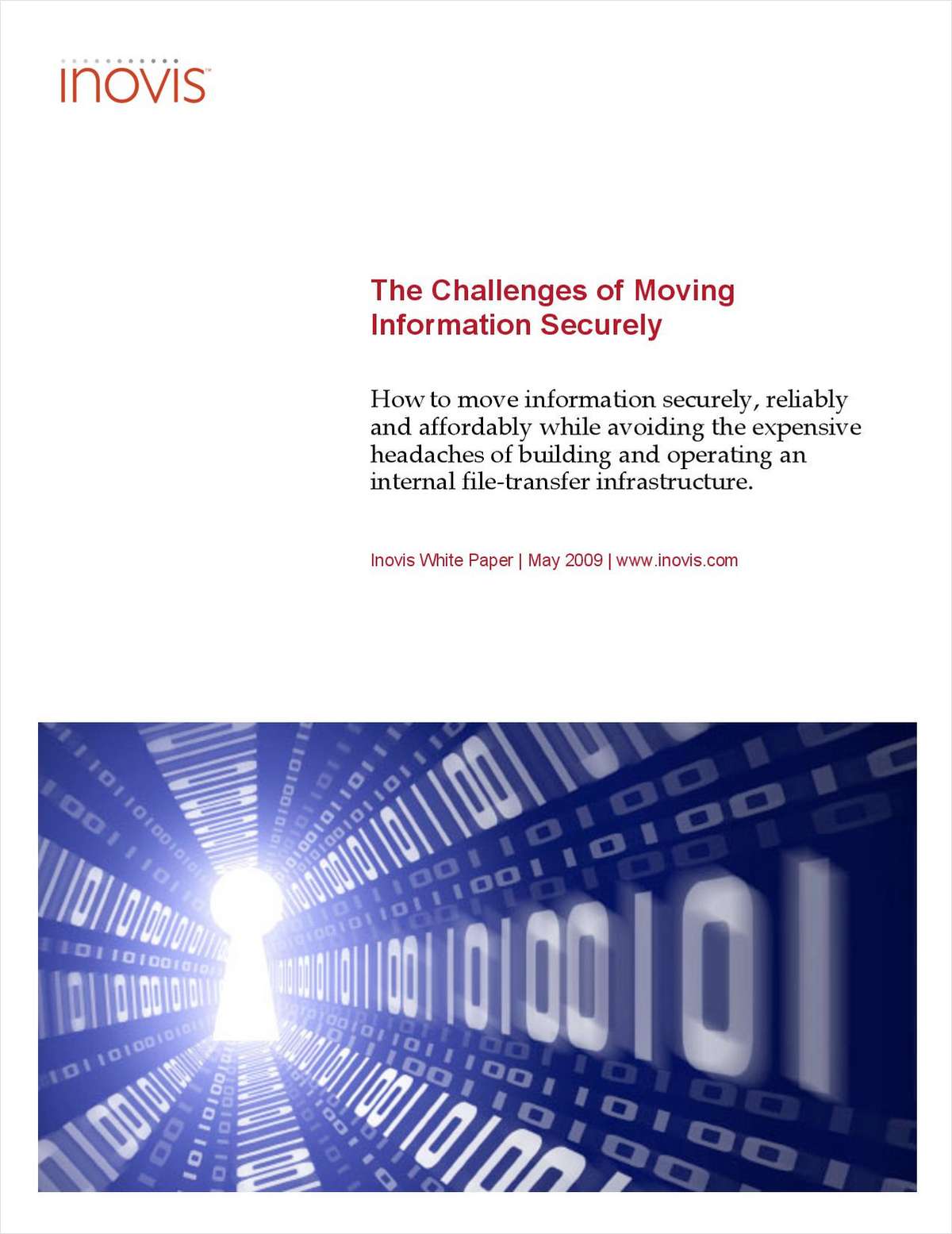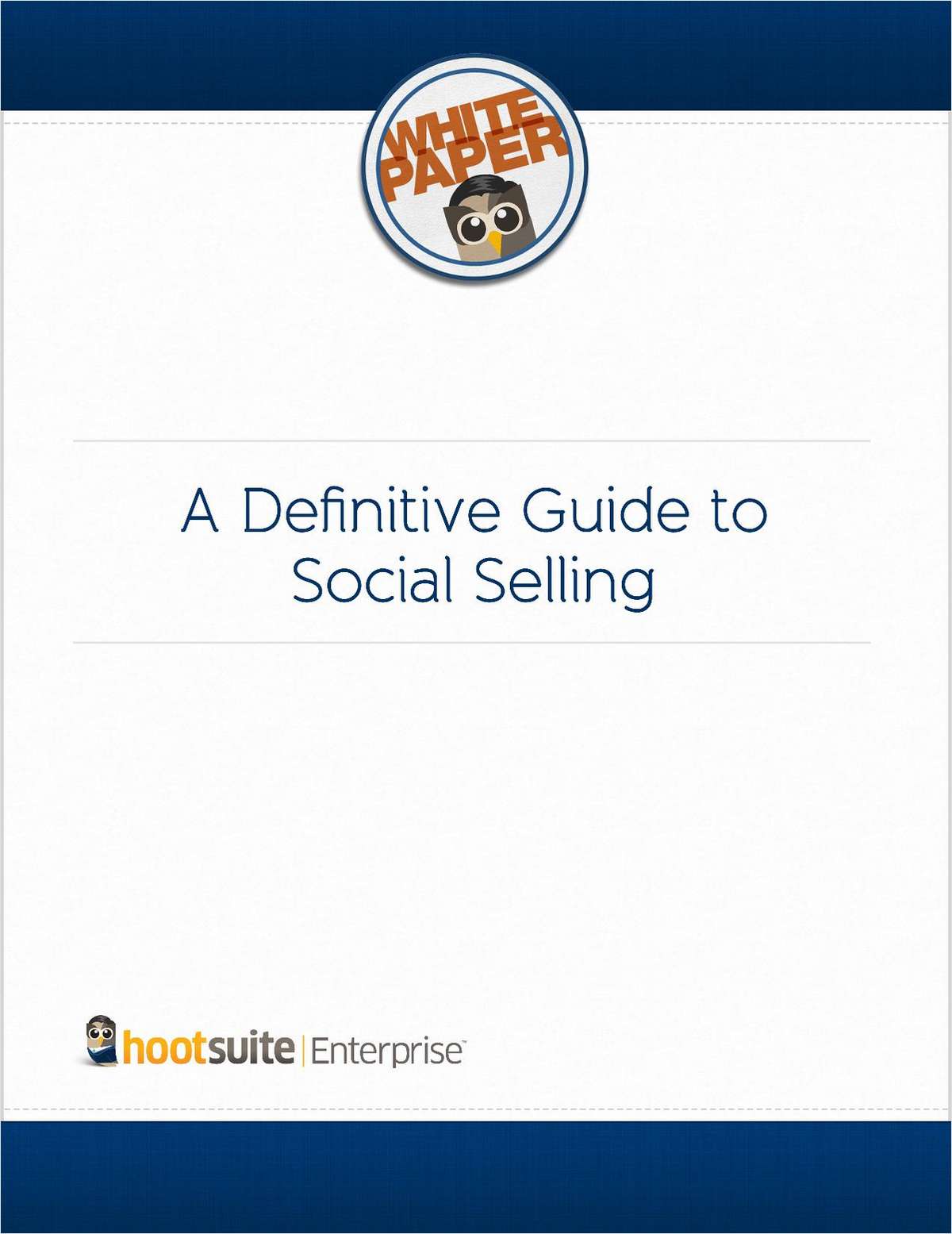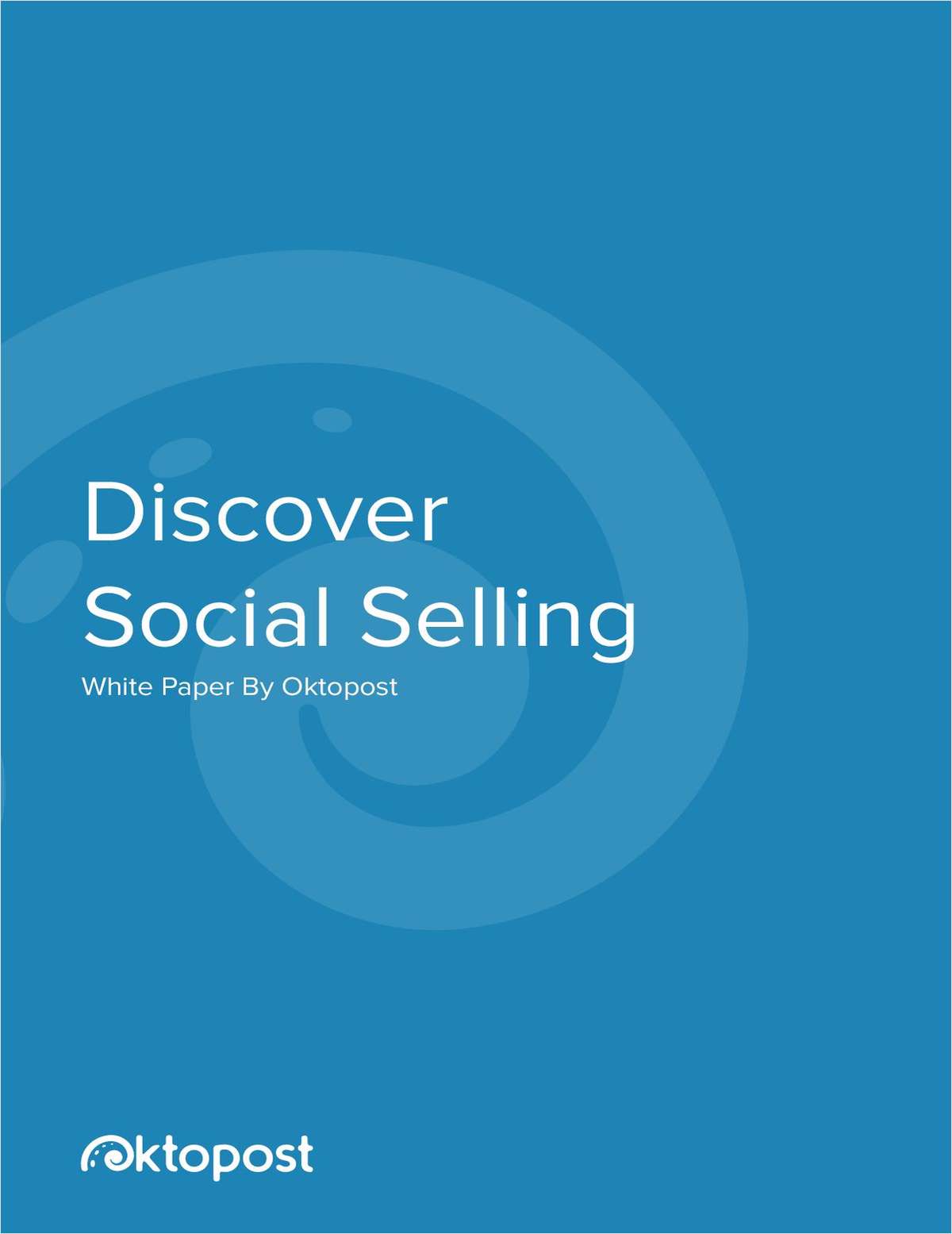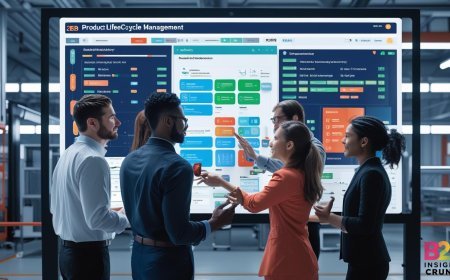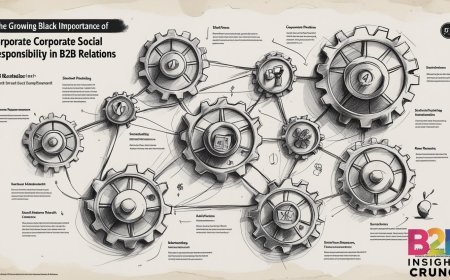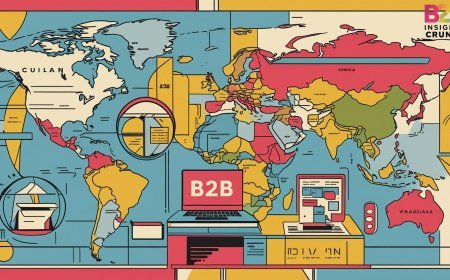The Future of B2B Sales: Human Touch vs. Automation

The Future of B2B Sales: Human Touch vs. Automation
In the evolving world of B2B sales, the conversation often centers on technology and automation. With artificial intelligence, chatbots, and sophisticated CRM systems transforming how businesses operate, it’s easy to imagine a future where machines take the lead in sales processes. Yet, amid this surge of digital tools, the human touch remains a vital ingredient that technology can’t fully replace. The future of B2B sales is not about choosing between automation and human interaction but finding the right balance where both complement each other to create better outcomes.
Automation has undeniably revolutionized many aspects of B2B sales. Routine tasks like data entry, lead scoring, and follow-up emails can now be handled swiftly by AI-driven systems. This allows sales teams to focus their energy on higher-value activities, such as strategic planning and relationship building. Automation also brings speed and efficiency, providing real-time data and analytics that help identify promising leads and tailor approaches more effectively. For businesses handling large volumes of clients or complex sales cycles, these tools are indispensable.
However, despite these advantages, B2B sales remain deeply relational. Business decisions often involve multiple stakeholders, significant investments, and long-term partnerships. The trust, empathy, and understanding that come from human interaction are hard to replicate with automation. Buyers want to feel heard, understood, and valued-not just processed through a system. Sales professionals bring emotional intelligence, adaptability, and nuanced communication skills that can address concerns, negotiate complex deals, and build genuine connections.
The human touch also plays a critical role in navigating the unpredictable elements of B2B sales. No algorithm can perfectly capture the subtleties of a buyer’s changing needs, internal politics, or industry shifts. Skilled salespeople can read between the lines, sense hesitation, and adjust their approach in ways automation cannot. This responsiveness often makes the difference between closing a deal and losing a client.
Looking ahead, the most successful B2B sales organizations will be those that integrate automation thoughtfully without sacrificing the human element. Automation should be seen as an enabler-a way to free up time, gather insights, and improve consistency-while humans focus on relationship building, strategic thinking, and problem-solving. Training sales teams to use technology as a tool rather than a crutch will be essential.
Moreover, as buyers become more digitally savvy, their expectations for seamless and personalized experiences grow. A blend of automated touchpoints and human interaction can create a customer journey that feels both efficient and authentic. For example, automation can handle initial inquiries and data collection, while human sales professionals take over for in-depth discussions and negotiations.
In essence, the future of B2B sales lies in a partnership between humans and machines. Automation enhances efficiency and scalability, but it cannot replace the empathy, creativity, and trust that human salespeople bring to the table. Together, they form a powerful duo-one that respects the complexities of B2B relationships while leveraging technology’s strengths. This balance will define how companies win and retain customers in the years to come.
